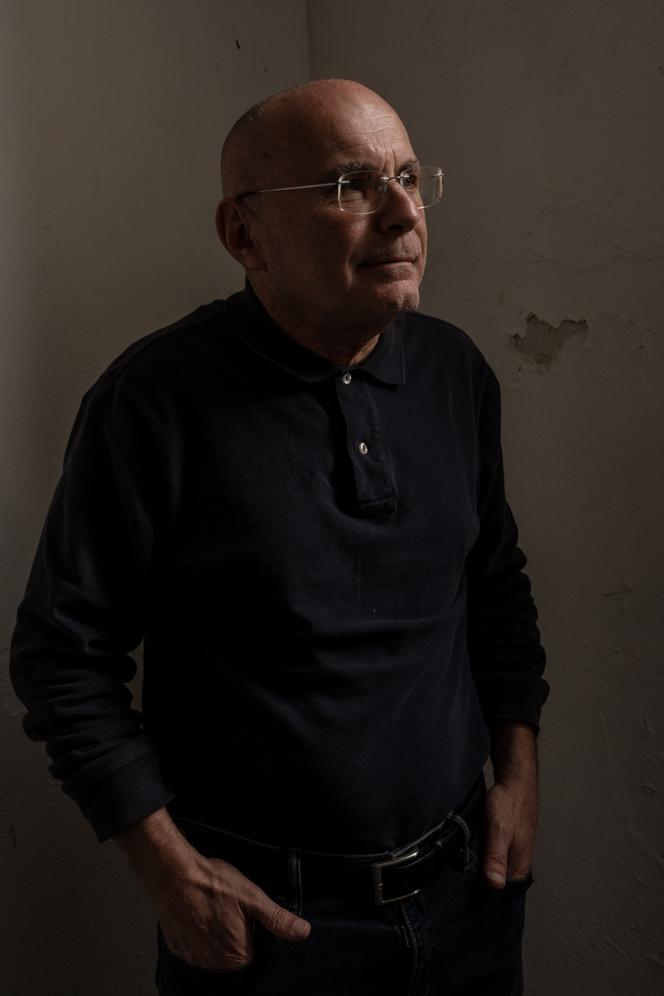


Yagil Levy, professor of sociology at the Open University of Israel and a specialist in military matters, fears that the war between Israel and Hamas will continue under the same conditions after the cease-fire, and points out the risk Gaza falling into the hands of armed militias if there is no recognized political authority.
It's a complex thing. Because bringing the hostages back was not one of the goals of this war in the beginning [after Hamas's attack against Israel, on October 7]. The goals of this war were changed three or four times. And only the last version included the hostages. Just to give you an example, when Israel deployed its forces in the second Lebanon war [in 2006], it was after the abduction of two soldiers on the border. And bringing back these soldiers was one of the main initial goals of the war.
Israel went to the right. And when Israel went to the right, beating the Arabs became its first priority. More than that, it was clear from the beginning that the issue of hostages and the issue of toppling Hamas and destroying its military capacity are two goals that can be in contradiction. For many Israelis, the pure security issue of beating Hamas was the first priority, even at the expense of the safety of the hostages.
Some people will say these hostages belong to the left wing of the Israeli political map, they are from the kibbutzim, from the [non-religious parties]. They are not ultra-religious people or from parts of the constituencies of Likud [Prime Minister Benjamin Netanyahu's right-wing party]. This is the reason why you can hear in the Israeli discourse even an expression of hate against the hostages, because they are an obstacle to fighting Hamas.
It took a while for the families to understand that they were not the first priority, that the government was doing nothing to do the people back, that the ground operation could risk their lives. So they gained more and more power and they marched to Jerusalem. Netanyahu understood that he may pay a political cost by not taking the compromise that was on the table, with this exchange of prisoners. From the beginning [of the conflict], leftists in Israel have been pro-prisoner exchanges.
You have 70% of this article left to read. The rest is for subscribers only.
